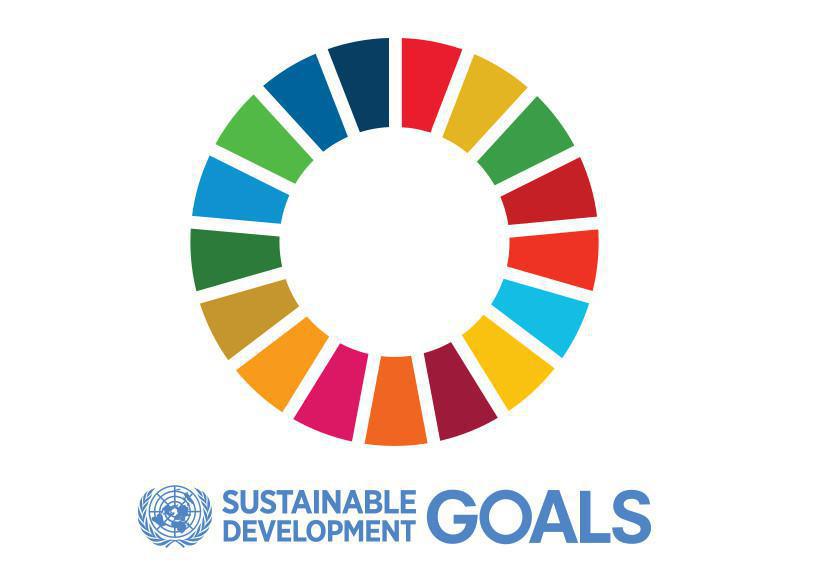(extract from the World economic forum’s “The Great Reset”)
The COVID-19 crisis has highlighted many ways to do business more responsibly once it recedes.
The cost of continuing with business as usual after COVID-19, without shifting investment from polluting fossil fuels to clean renewable energy, will only lead to further crises, according to a letter sent on behalf of more than 40 million health professionals to the leaders of G20 countries in May 2020. The letter asked that as governments devise massive stimulus packages in the wake of the pandemic they prioritize clean air, clean water, and a stable climate - in ways that build resilience to future health crises while at the same time creating more sustainable jobs. According to a report published by the International Renewable Energy Agency, while COVID-19 may suppress carbon dioxide emissions in 2020, a rebound would mean reverting to energy-related carbon dioxide emissions that have increased by 1% annually on average since 2010. However, an increase in investment in renewable energy now could quadruple the number of jobs in the sector by 2050, according to the report; related recovery measures following the COVID-19 crisis could include flexible power grids, electric vehicle charging, energy storage, and efficiency solutions.
In many parts of the world, the crisis magnified the potential shortcomings of current business models and supply chains. In terms of food, in particular, COVID-19 and its secondary effects exposed many people to added deprivation. In April 2020, the World Food Programme warned that unless swift action was taken to tackle the pandemic, the number of people in low and middle-income countries with livelihoods under severe threat would nearly double to 265 million from 135 million. Sub-Saharan countries such as Somalia and South Sudan imported more than 40 million tons of cereals during 2018 to plug gaps in local food production, according to the report, leaving them extremely vulnerable to price swings during a global crisis like COVID-19. Many people in the US also suffer from a lack of food security; as of 2018, 37.2 million people in the country lived in food-insecure households, according to the US Department of Agriculture. However, urban farming could be one means of addressing not just future food resilience, but also environmental and health issues in a post-pandemic world.
For the full transcript of “The Great Reset” follow this LINK

